Copyright Infringement Policy
Western Technical College supports enforcement of copyright law for the protection of its employees as both creators and users of copyright protected works. The School requires that staff and students comply with federal law regarding the use of copyright protected materials. In addition, in the spirit of promoting “the progress of science and the useful arts,” the college supports the fair use for such purposes as criticism, comment, news reporting, teaching scholarship or research and reproduction of copyrighted materials (including multiple copies for classroom or library use), for educational purposes as outlined in the federal Copyright Law (PL94-553).
Administrative Rule
This administrative rule is based upon the original Copyright Act of 1976 and the amendments added by the Digital Millennium Copyright Act signed into law in 1998.
This administrative rule applies to all staff and students who make use of materials created by entities other than themselves. This includes but is not limited to materials used for classroom teaching, out of class presentations, online distribution, professional conferences, homework assignments, electronic transmission and for school publication.
-
Copyright issues dealing with intellectual property created by staff and students are covered in the administrative rule on intellectual property.
-
The School considers the educational environment to consist of traditional on-campus instruction.
-
Staff and students are expected to comply with copyright law and to apply the fair use criteria to each use of material of which they are not the originator.
-
Unauthorized peer-to-peer file sharing, illegal downloading or unauthorized distribution of copyrighted materials using the institution’s information technology system.
-
The only software programs, other than students’ projects, to be used on systems in the school are those products for which the school owns a valid license or the school may legally use. Copying the school’s software from the computer system is considered theft and is a serious offense. Copying or modifying school software and/or borrowing software from the labs is not permitted. If you have a question, please see the system administrator.
-
In compliance with the Section 512(2)(‘c)(‘2) of Chapter 5, Title 17 of United States Code, the School shall have a DESIGNATED AGENT “to receive notifications of claimed infringement” and “other contact information which the Register of Copyrights may deem appropriate.” The designated agent for the School will be the CFO.
Fair Use
Fair Use is the use of a copyrighted work for purposes such as criticism, comment, news reporting, teaching (including multiple copies for classroom use), scholarship, or research.
In determining whether the use made of a work in any particular case is a fair use, the factors to be considered shall include:
-
The purpose and character of the use, including whether such use is of a commercial nature or is for nonprofit educational purposes;
-
The nature of the copyrighted work;
-
The amount and substantiality of the portion used in relation to the copyrighted work as a whole; and
-
The effect of the use upon the potential market for or value of the copyrighted work.
The School encourages staff and students to be diligent in the application of the fair use criteria. Through diligent application school constituents and the School avail themselves of protection from infringement by establishing “reasonable grounds for believing that his or her use of the copyrighted work was a fair use” according to Sections 107 and 504c of United States Code title 17.
Prohibition Regarding Music, Video or Other Media Files
This concept is also applicable to music and video entertainment. Students and employees at Western Tech are prohibited from using the College’s computers, networks, or other electronic devices for the purpose of illegally duplicating or sharing any copyrighted material. This prohibition specifically includes downloaded or shared music, video or other media files. Students or employees who engage in the illegal duplication or distribution of such material using the College’s computers, networks, or other equipment are subject to disciplinary action, up to and including dismissal from the school, and may also be liable for civil and/or criminal penalties (see below).
Summary of Civil And Criminal Penalties for Violation of Federal Copyright Laws
Copyright infringement is the act of exercising, without permission or legal authority, one or more of the exclusive rights granted to the copyright owner under section 106 of the Copyright Act (Title 17 of the United States Code). These rights include the right to reproduce or distribute a copyrighted work. In the file-sharing context, downloading or uploading substantial parts of a copyrighted work without authority constitutes an infringement.
Penalties for copyright infringement include civil and criminal penalties. In general, anyone found liable for civil copyright infringement may be ordered to pay either actual damages or “statutory” damages affixed at not less than $750 and not more than $30,000 per work infringed. For “willful” infringement, a court may award up to $150,000 per work infringed. A court can, in its discretion, also assess costs and attorneys’ fees. For details, see Title 17, United States Code, Sections 504, 505.
Willful copyright infringement can also result in criminal penalties, including imprisonment of up to five years and fines of up to $250,000 per offense.
For more information, please see the Web site of the U.S. Copyright Office at www.copyright.gov especially their FAQ’s at www.copyright.gov/help/faq
